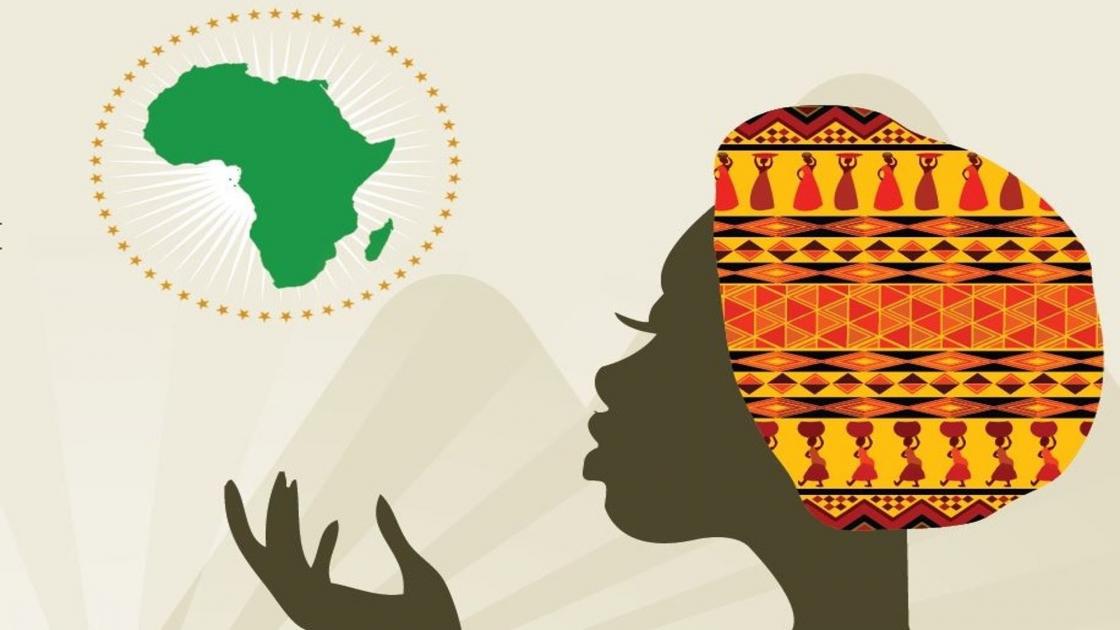Ressources
The African Women’s Decade (AWD) Report details progress across the African continent,
The African Union Commission (AUC) envisions “an integrated continent that is politically united based on the ideals of Pan Africanism an
Highlights of the cooperation with the GIZ-project “Support to the African Union on Migration and Displacement”
Violent extremism is a global issue.
Agenda 2063 is Africa’s development blueprint to achieve inclusive and sustainable socio-economic development over a 50-year period.
AFRICA’S DEVELOPMENT
D Y N A M I C S
INFRASTRUCTURE, GROWTH AND TRANSFORMATION
OVERVIEW
In line with the Africa Regional Strategy for Disaster Risk Reduction
November 2017









